Everything has a name; but why is that? At that moment it is the story that becomes part of the protagonist. In the case of toponyms (from the Greek 'tópos' (place) and 'ónoma' (name)) of the municipalities, the culture or language of the territory is what marks the origin of the name, its identity, although over time it suffers some modifications.
Next you have an index with all the points that we are going to deal with.
- 1.
- 2.
- 2.1.
- 3.
Meanings of Xàbia
Unlike the toponym of other municipalities, in the case of Xàbia or Jávea, its origin and meaning is not fully defined. Flat site, cistern, abundant or fishing net (Xávega) These are some of the interpretations that are given to the place name of Xàbia in the studies carried out.
According to a letter by the municipal archaeologist, Ximo Bolufer, "several studies consider that the place name of Xàbia has Arabic origin", like many of the names of the towns of the Spanish geography, which mark the Muslim presence in the Iberian Peninsula.
Bolufer reviews, on the one hand, and based on the etymologies, the book Arabic toponymy of the Valencian Country by Carme Barceló (1982), in which she indicates that Xàbia is derived from the Arabic form /sawiy(a), which translates as 'plain at the foot of a mountain'.
On the other hand, the archaeologist names the theory of Gaspar Escolano who interprets from the Arabic Xivia which means fed up/abundant. Another interpretation is that it comes from the Arabic word 'Xabiga' which means underground water or well.
However, in 'The origin of Valencian toponymy' by Bernat Mira Tormo, it is pointed out that "the toponym accuses a phonetic feature very typical of the Mozarabic phoneme /TX/, which explains the official transcription Jávea. Jávea, in Valencian is XABIA and we translate it by XA = 'house' and BIA = 'ford', with the meaning of 'house of the ford'. But it could also be translated by the Basque XA = 'house', BI = 'two', and A = 'the' or 'the'. Xabia = 'the two houses'".
For Ximo Bolufer, Xabea or Jávea is a toponym that refers, at least during the Late Middle Ages, to the entire valley and not to the town center, which is undoubtedly a creation after the Catalan-Aragonese conquest.
Old names of Xàbia/Jávea
Xabea, Yxabea, Xàbia, Xebea, Yxabee, Exabeam, Jávea, Xávia, Jabea, Xivia, Xavega, Xabiga. All these variations of the name of Xàbia appear in old documents referring to our town.
With them we can appreciate the evolution and adaptations that the name of this territory has had, clearly seeing the adaptation of Jávea into Spanish and that of Xàbia to Valencian, according to Ximo Bolufer in this article on the name of Xàbia or J. Cartes in this link. Both point out that the spelling change of the XNUMXth century, and especially during the XNUMXth and XNUMXth centuries, is passed off because the initial 'X' becomes 'J'.
For Roc Chabás, the variation of the name of Jávea or Xàbia depended on the documents in which it was written. "prevailed Jabea when written in civil and ecclesiastical documents, although the current seal of the Parish says Xavea, contrary to what is used in Valencian orthography, which always wrote Xabea".
the oldest name
Of the changes that the name of Xàbia has undergone, as indicated from the Arxiu Municipal, the oldest name of the locality is 'Yxabee', registered in a document of the Crown of Aragon of 1258.
Over the years, the documents show a change in the name going through 'Exabeam' in (1301) or already in the XNUMXth century when the name of Xàbia appears as we know it now according to J. Cartes this link, "in a document printed in Amsterdam that seems to adapt the name to the spelling as 'Wise' had heard it".
official name
The bilingual denomination of the municipality of Xàbia in Valencian, Jávea in Spanish came into force in June 1985 by means of a decree of the Consell de la Generalitat Valenciana, after the Town hall requested the change in September 1984, since the Generalitat Valenciana was granted by the Law of Use and Teaching of Valencian, to determine the official names of the Municipalities of the Valencian Community.
The Institute of Valencian Philology of the University of Valencia and the Cabinet for the Use and Teaching of Valencian of the Ministry of Culture, Education and Science considered the spelling of Xàbia to be correct in Valencian, without any report being necessary for the form in Jávea in Castilian which was the current name.

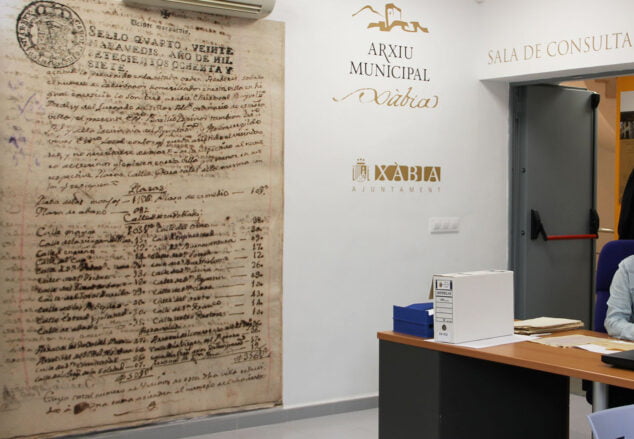
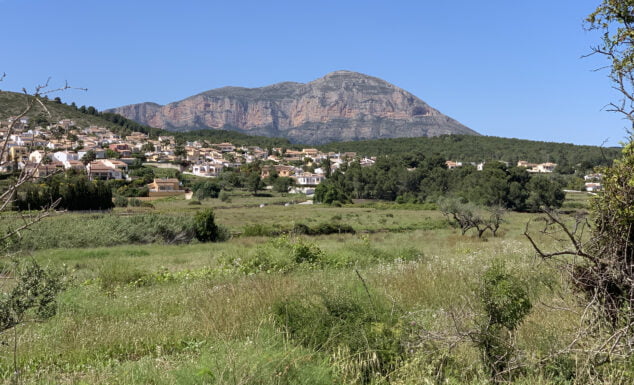
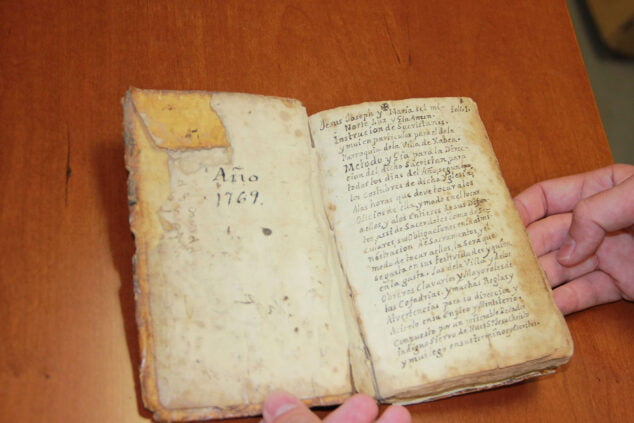
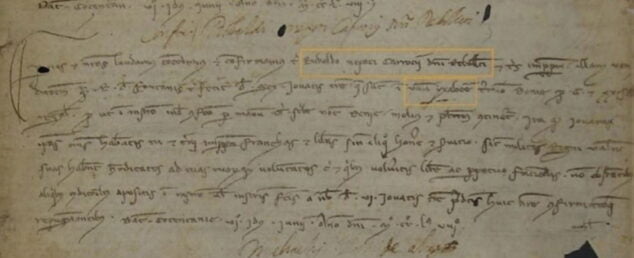
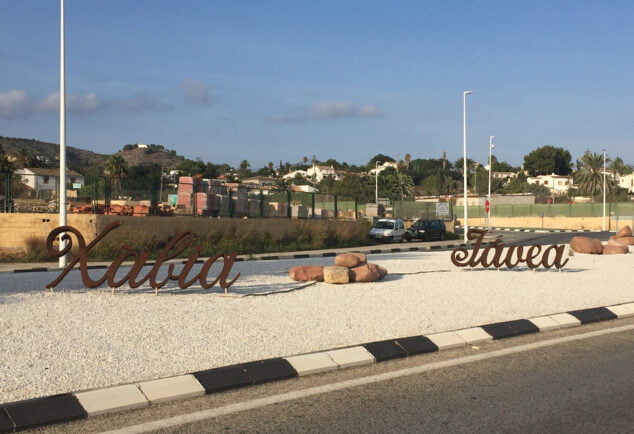






Very interesting, the entire Mediterranean coast has always been a place of settlements and passage of civilizations. The important thing is to add traditions and knowledge, our strength is the enormous cultural diversity that exists in Spain.
Exactly, Spain is one of the few countries in the world with a great cultural diversity, it is something very beautiful and, as you say, the important thing is to add traditions and knowledge, our strength is the enormous cultural diversity that exists in Spain.
I am not an expert but I think that it is most likely that the name of the municipality comes from Arabic because if we take into account the presence of the Arabs for 8 centuries and that, aside from the names of Dénia, Benissa, Benitatxell, Benidorm, Alicante and many more come from Arabic because it makes you think. I find it very interesting and very nice to know where we come from
Valencian country? I have stopped reading there…we are a kingdom. Let's see if you all find out.
We call it Javea, and affectionately Xabia. That we Valencians from the capital also like her.
Estic agraida d' aprendre semper mes a proposit de la Vila on visc des fa 26 ans. Thank you very much. na switzerland
We affectionately call you “Domingueros”.
Very interesting, I would like the Municipal Archive to have all the content of the Archive on a web page, be it photos, documents, maps, etc., since I am making a family genealogical tree and I do not live there, on the part of a great-great-grandfather they are from Xàbia and it is difficult for me to find information, it would also be good if the civil registry allowed to request certificates thematically, I have been able to obtain many certificates of my ancestors in various parts of Spain and with those of Xàbia I cannot
My grandfather was born in 1893 and in the birth certificate there will be a civil registry